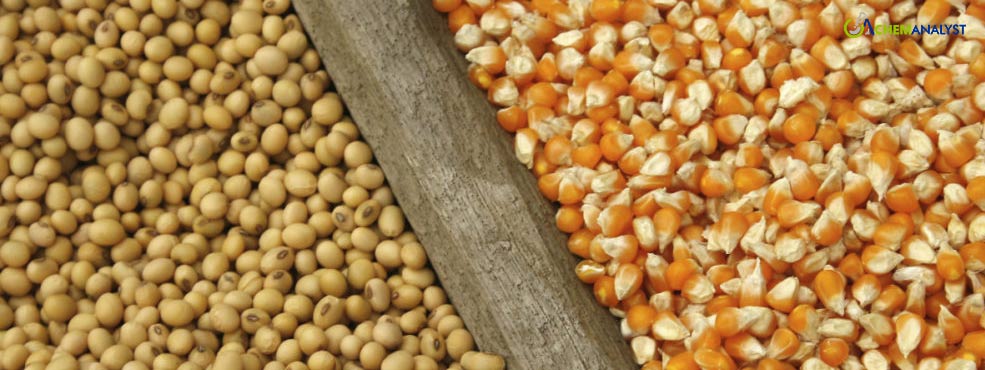Welcome To ChemAnalyst

On Wednesday, Chicago soybean and corn futures exhibited stability, holding firm near three-year lows amidst the backdrop of anticipation preceding a significant USDA report. This stability occurred despite enduring pressure stemming from the ongoing South American harvest. Meanwhile, wheat prices experienced a modest decline, following a slight dip observed in the previous trading session.
Market participants are eagerly anticipating the impending release of the U.S. Department of Agriculture's (USDA) monthly supply-and-demand report, slated for publication on Friday. This report is highly anticipated as it will provide crucial insights into the latest estimations regarding corn and soy production in South America. While marginal adjustments are expected for the U.S. balance sheets, considerable attention is directed towards potential revisions concerning South American production. Analysts within the market anticipate the USDA to downwardly revise its projections for Brazil's soybean harvest to approximately 152.28 million metric tons and Argentina's harvest to around 50.23 million metric tons.
Recent market developments indicate the entry of Chinese importers into the marketplace. It has been reported that these importers have successfully acquired a minimum of 65,000 metric tons of animal feed corn from Ukraine in transactions conducted on Monday. The active involvement of Chinese buyers suggests that prevailing prices have reached a level deemed attractive for procurement, as noted by insights from Bergman Grains.
In Argentina, meteorological forecasts suggest an impending shift in weather conditions. Projections indicate a reduction in rainfall as the El Nino weather phenomenon gradually diminishes. This transition is expected to usher in a drier autumn period, potentially paving the way for the emergence of a La Nina climate pattern. Despite the waning El Nino, above-average temperatures are forecasted to persist across global regions, as per statements released by the World Meteorological Organization (WMO) on Tuesday.
In parallel with these developments, Indonesia is poised to escalate its wheat imports during the year 2024, compared to the 10.87 million metric tons procured in the preceding year. This surge in import volume is attributed to heightened demand for flour and animal feed within the country.
Soybeans are utilized in various traditional and modern culinary practices. Unfermented soybean products include soy milk, which serves as the base for creating tofu and tofu skin. Fermented soybean foods encompass a wide range of products such as soy sauce, fermented bean paste, natto, and tempeh. Additionally, defatted soybean meal, which is free of fat, serves as a cost-effective and substantial source of protein in animal feeds and numerous packaged meals.
We use cookies to deliver the best possible experience on our website. To learn more, visit our Privacy Policy. By continuing to use this site or by closing this box, you consent to our use of cookies. More info.
